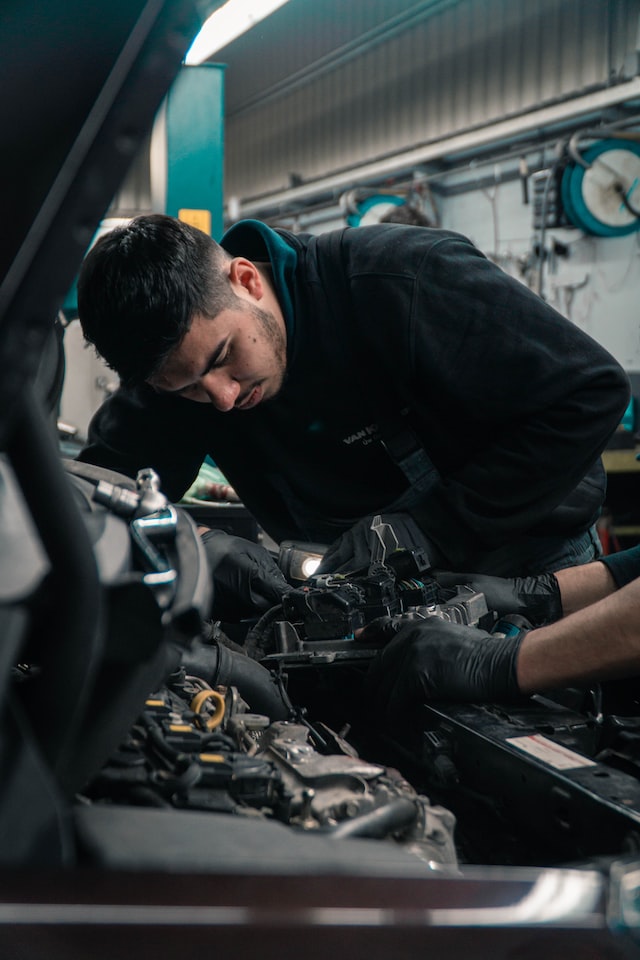There are a number of career opportunities in the automotive industry. They range from working at a manufacturing plant to customer service. Careers in the industry can be very rewarding. For example, you can work as a Mechanical engineer or as a Production worker. You can also become a Sales associate.
Mechanical engineers
There are many opportunities for mechanical engineers in the automotive industry. The career involves designing and developing vehicles, and working with the various parts and systems that go into a car. Automotive engineers work for a variety of companies, including car manufacturers, passenger transport companies, and haulage operators. They may also work for the military, developing vehicles for special missions. Throughout their career, mechanical engineers update their knowledge and develop their skills.
Some mechanical engineers in the automotive industry specializing in the design, development, and testing of automotive parts. They also perform project management, including scheduling and budgeting. They may use modelling software to create component prototypes and analyze data and test results. While the United States Bureau of Labor Statistics does not give a detailed job outlook for automotive engineers, they do predict that there will be a 4% job growth in mechanical engineers from 2019 to 2029.
Production workers
Production workers in the automotive industry face a number of unique physical challenges. They have to manually handle many parts during the manufacturing process and often must perform repetitive motions. In addition, these workers are often exposed to loud noises and vibrations. They may also be exposed to hazardous chemicals that can cause respiratory and chemical burns.
Production workers in the automotive industry may advance to various positions in the company. When there are openings, they may become supervisors, technicians, and engineers. Some companies offer training for these positions. If they’re successful, they may even move into management positions.
Sales associates
Sales associates in the automotive industry work closely with dealerships to help customers make a purchase. These professionals develop a relationship with clients by listening to their needs and desires. They also help customers select the best vehicles and handle loan formalities. They also coordinate delivery of vehicles to designated locations. Automotive sales associates need strong customer service orientation, knowledge of different car models, and experience using computers.
Automotive sales associates typically work over 40 hours per week. The workday is often varied, but they rarely work at an office desk. Their locations often have air conditioning and internal heating systems, and they often complete tasks in a variety of settings.
Production supervisors
Production supervisors usually have several years of experience in manufacturing or management. They spend the majority of their time in the production line, but also have office duties. Many Production Supervisors have a bachelor’s degree in engineering, technology, business administration, or a related field. However, applicants with only a high school diploma may also be considered, but additional qualifications may be necessary.
A Production Supervisor is responsible for the daily production schedule of the shop floor. They also oversee the overall quality of the product, ensuring that quality is maintained at all stages. They communicate their responsibilities with the production team to achieve the highest standards. In some cases, production supervisors may be assigned additional duties, such as preparing end-of-shift reports.
Automotive service directors
An automotive service director is responsible for overseeing a service department at a dealership. He or she will identify the mechanical needs of each vehicle and establish goals for his or her team to meet. The director will also be responsible for controlling operating expenses and accounts receivable. He or she may also be responsible for conducting repair price negotiations and maintaining records of vehicle repairs.
Automotive service directors must have technical skills. They must be able to understand the inner workings of automobiles, as well as the tools used in the repair process. They must also have the ability to interpret technical manuals.







